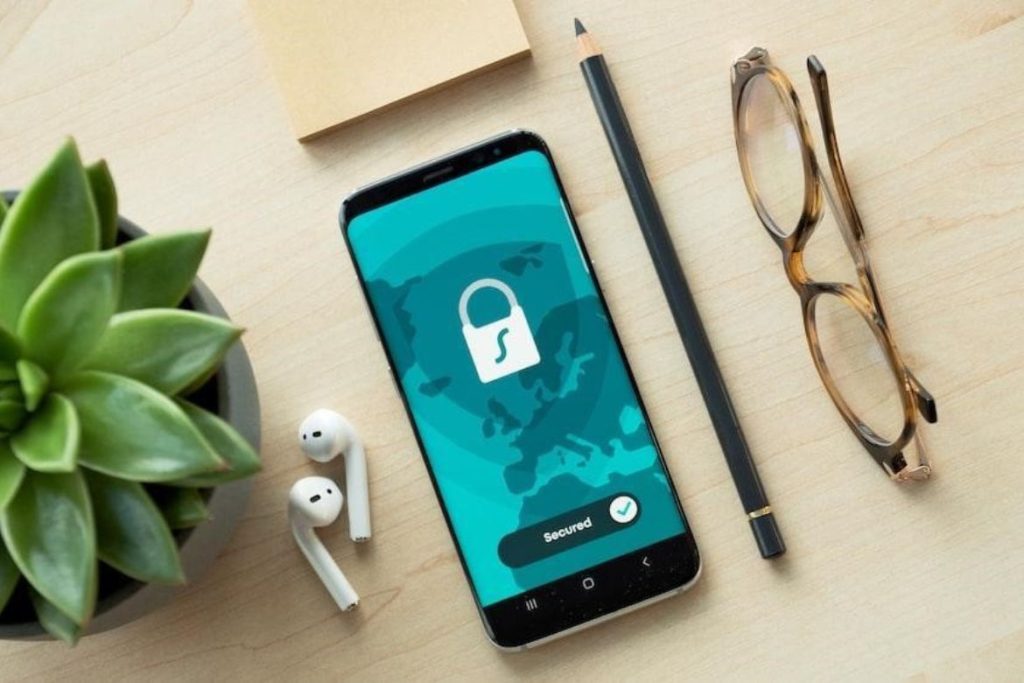While the risks of cybersecurity have become common knowledge, it’s still possible for you to fall prey to theft and scams. With bad actors getting more and more sophisticated in their attacks, elevating your own knowledge about cybersecurity in the digital age is crucial.
To protect your private, financial, and sensitive data, here is an overview of the cybersecurity basics you need to adopt immediately.
Table of Contents
Never Use the Same Password Twice
There are many ways hackers can breach your email, bank accounts, and cloud storage solutions. One of these illicit methods is accessing less secure online accounts where a password may be duplicated on other, more sensitive platforms. You should never use the same email and password combination on multiple accounts. While this practice calls for some additional effort, it adds a layer of security to all your online accounts.
Be Vigilant About Who’s Using Your Information
When bad actors gain access to your accounts, it’s possible that you may not even be aware of the fact that they’re abusing your personal or financial information until it’s too late. Because of this, it’s important to invest in solutions such as an identity theft protection service that notifies you of any suspicious activity with regard to your personal or financial information. This helps you ensure that you can report and stop the infringement on your privacy before it’s too late.
Learn How to Detect Social Engineering Attempts
Social engineering is the act of gaining access to someone’s confidential information through manipulation, coercion, or other psychological tactics. Even when you know about the term and its deeper meaning, it can be quite difficult for you to spot it in action when you are experiencing these maneuvers yourself. This is why it’s important to ensure you share your information with verified parties and not with generic emails, phone numbers, or shady websites.
Use Specialized Tools to Protect Your Devices

Even when careful with the websites you browse, you might still encounter online threats such as viruses, adware, and malware. Some of these harmful threats may unknowingly use your device’s resources, while others may hold your data at ransom. Invest in specialized tools such as antivirus and antimalware software on all your devices to protect yourself and your family. This simple practice can make a world of difference for your online security.
Don’t Access Sensitive Applications on a Public Network
While public Wi-Fi networks have come a long way and now take active measures to protect users’ privacy, it’s still not entirely safe to use them for browsing or exchanging sensitive information online. Public networks open doors for bad actors to easily access your data that may not be available through other means. You can use a VPN app to protect yourself online when using public networks.
Utilize Multi-Factor Authentication Whenever Possible
Besides using split tunneling with a VPN, you can also utilize two-factor authentication (2FA) or multi-factor authentication (MFA) to verify your accounts’ accessibility across multiple devices. These options are typically available on many platforms by default. But sometimes, you may require a separate authenticator app to complete this process. When your login attempts or account change requests are verified through multiple avenues, it lowers the risk of your information being compromised by malicious parties.
Educate Your Loved Ones About Online Safety
Similar to following home organization tips for the family, you also need to establish cybersecurity rules to protect your children from online harm. In addition to installing parental control software on your kids’ devices, you can also take some time to educate them about why they shouldn’t share private information online, how they should use different passwords for accounts, and how they can make themselves more secure on the web. This goes a long way towards ensuring your family’s well-being. With these solutions, you can defend your digital identity, private data, and financial information across multiple platforms. In turn, you can operate in the digital age without an added risk to your safety.